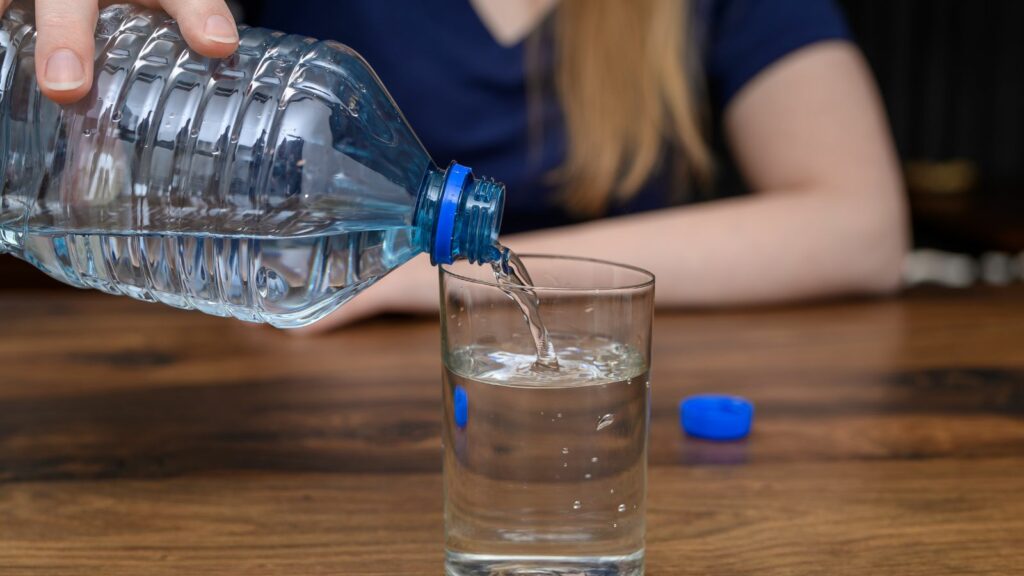Plastic is everywhere. It’s in our food packaging, the bottles we drink from, and even the clothes we wear. While it’s made life more convenient, it’s quietly taking a toll on our health—and most don’t even realize it. The truth is unsettling: plastic is not just polluting our planet but also working its way into our bodies in ways that could change our lives forever. Let’s dive into 18 shocking ways plastic quietly destroys your health—and what you can do about it.
Microplastics Are in Our Bodies
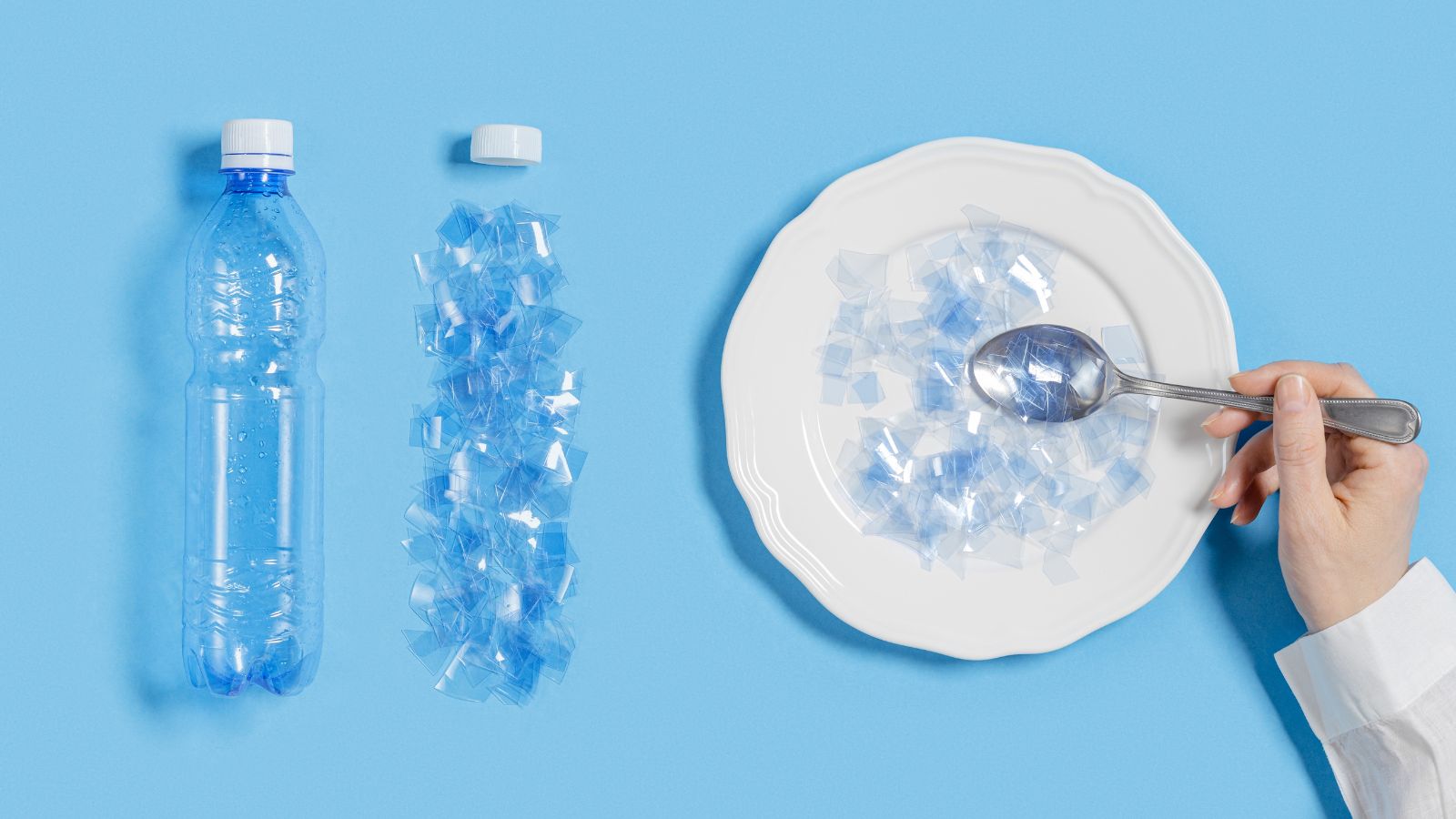
Did you know that microplastics—tiny pieces of degraded plastic—have been found in human blood, lungs, and even organs? These particles come from everything, including the air we breathe and the water we drink. Scientists are still studying their full effects, but the evidence so far is clear: they can cause inflammation and potentially lead to serious health problems.
Plastic Releases Toxic Chemicals
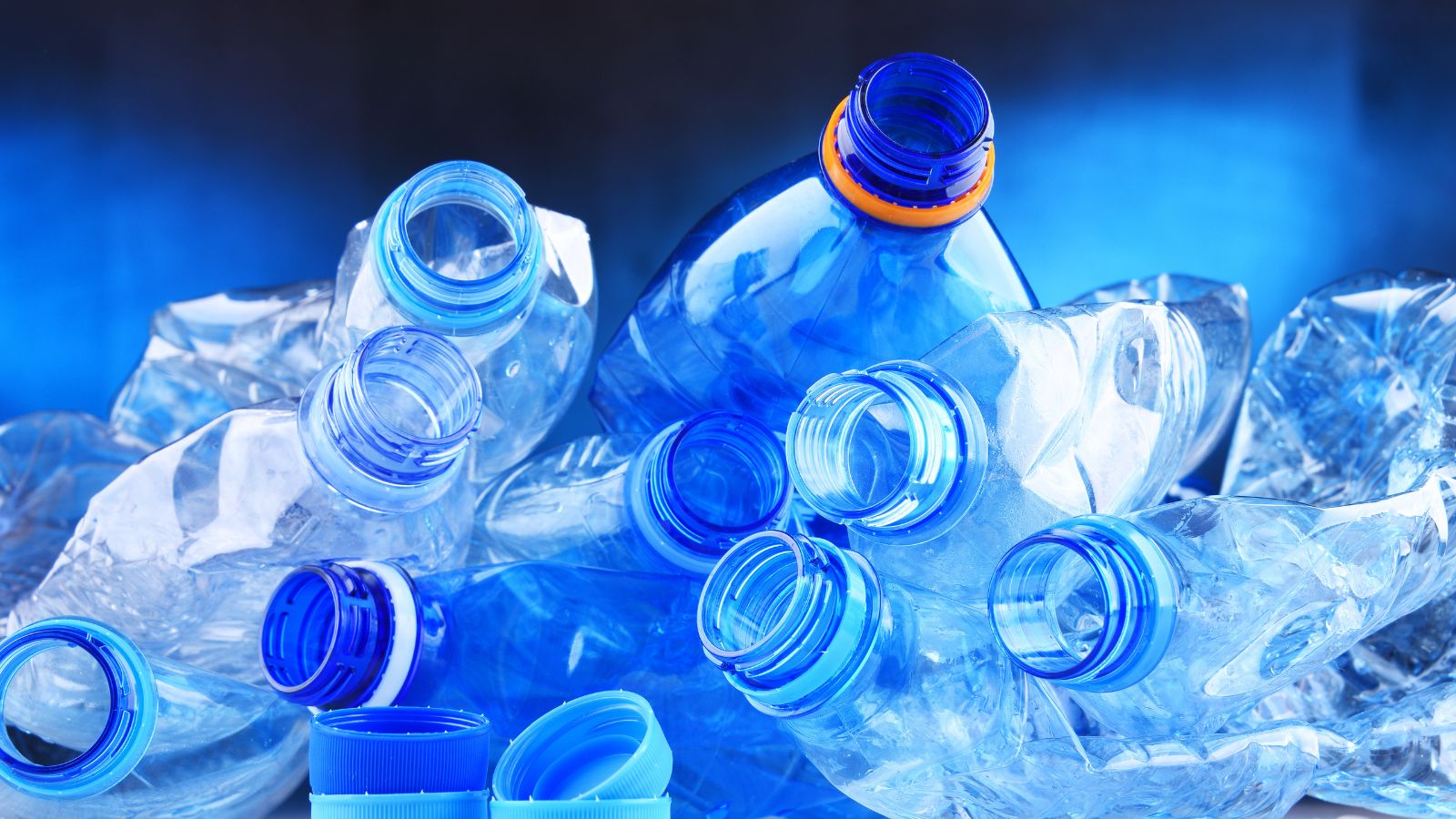
Have you ever noticed how food stored in plastic containers tastes less different when reheated? That’s because plastic releases chemicals like BPA and phthalates when exposed to heat. These chemicals mimic hormones in your body and can mess with your endocrine system, leading to issues like hormonal imbalances, infertility, and even cancer.
You’re Eating Plastic Every Week
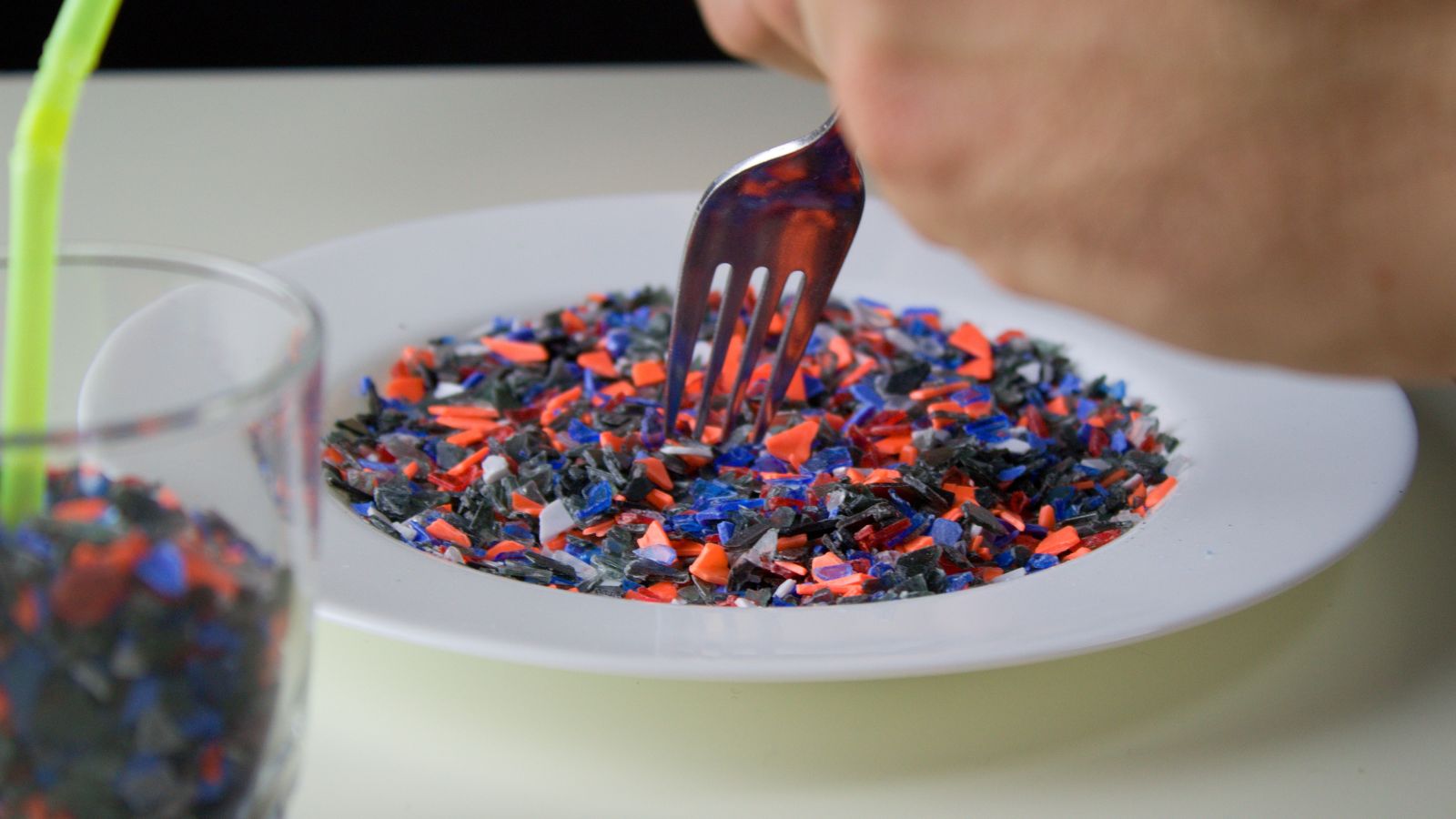
Here’s a fact that will stop you in your tracks: the average person consumes about 5 grams of plastic every week—roughly the size of a credit card. Yes, you read that right. This plastic enters your body through water, food, and even the air around you.
Bottled Water Isn’t as Safe as You Think
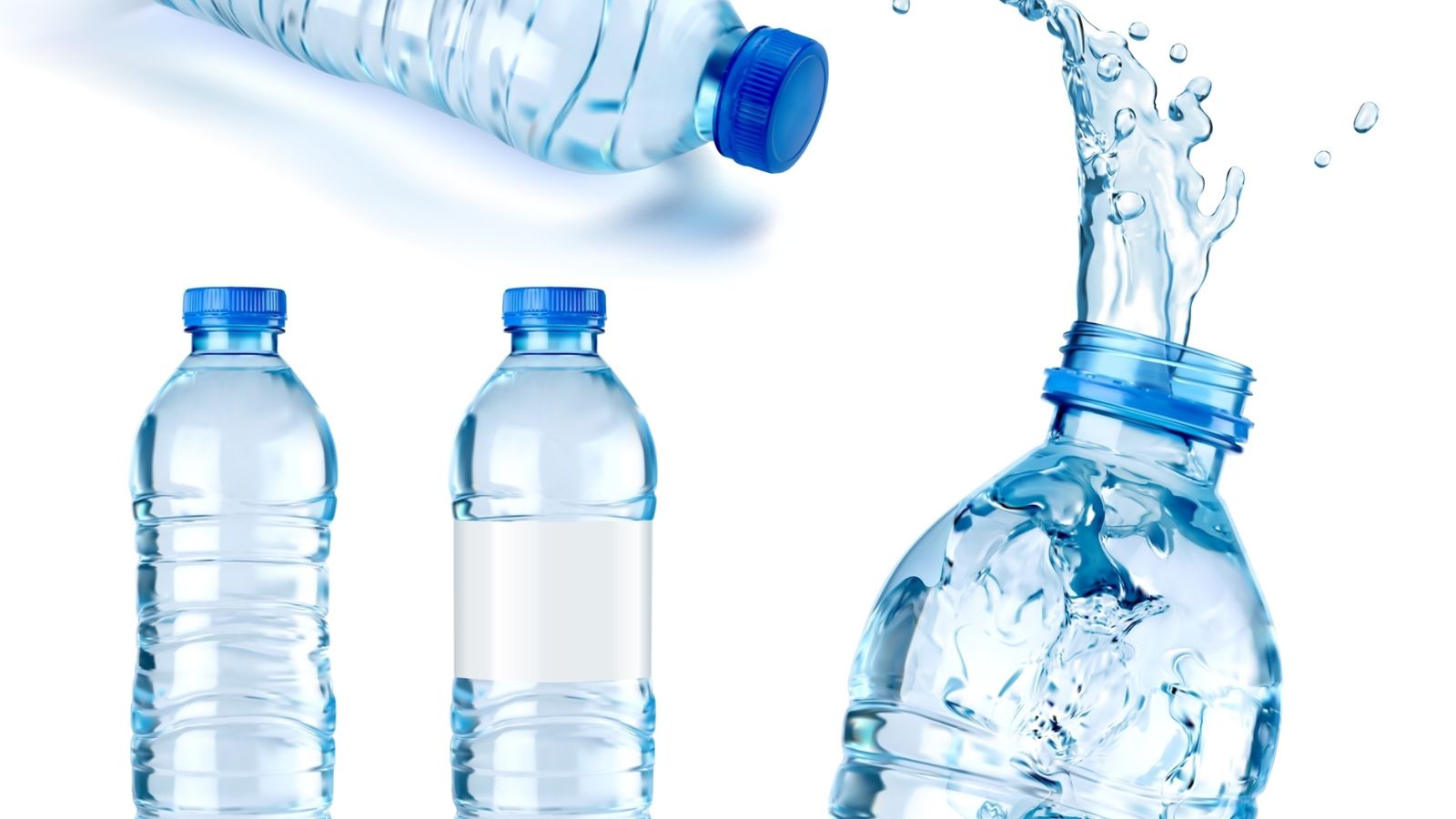
Do you think bottled water is cleaner than tap water? Think again. Studies show that bottled water contains twice the amount of microplastics compared to tap water. So, the very product marketed as pure and safe might be adding more plastic to your body than you realize.
Your Seafood Is Contaminated

If you’re a seafood lover, this might sting: fish and shellfish ingest plastic waste in the ocean, and when you eat them, you’re also consuming those tiny plastic particles. Over time, this accumulation in your body could have harmful effects.
Plastic Chemicals May Damage Your DNA
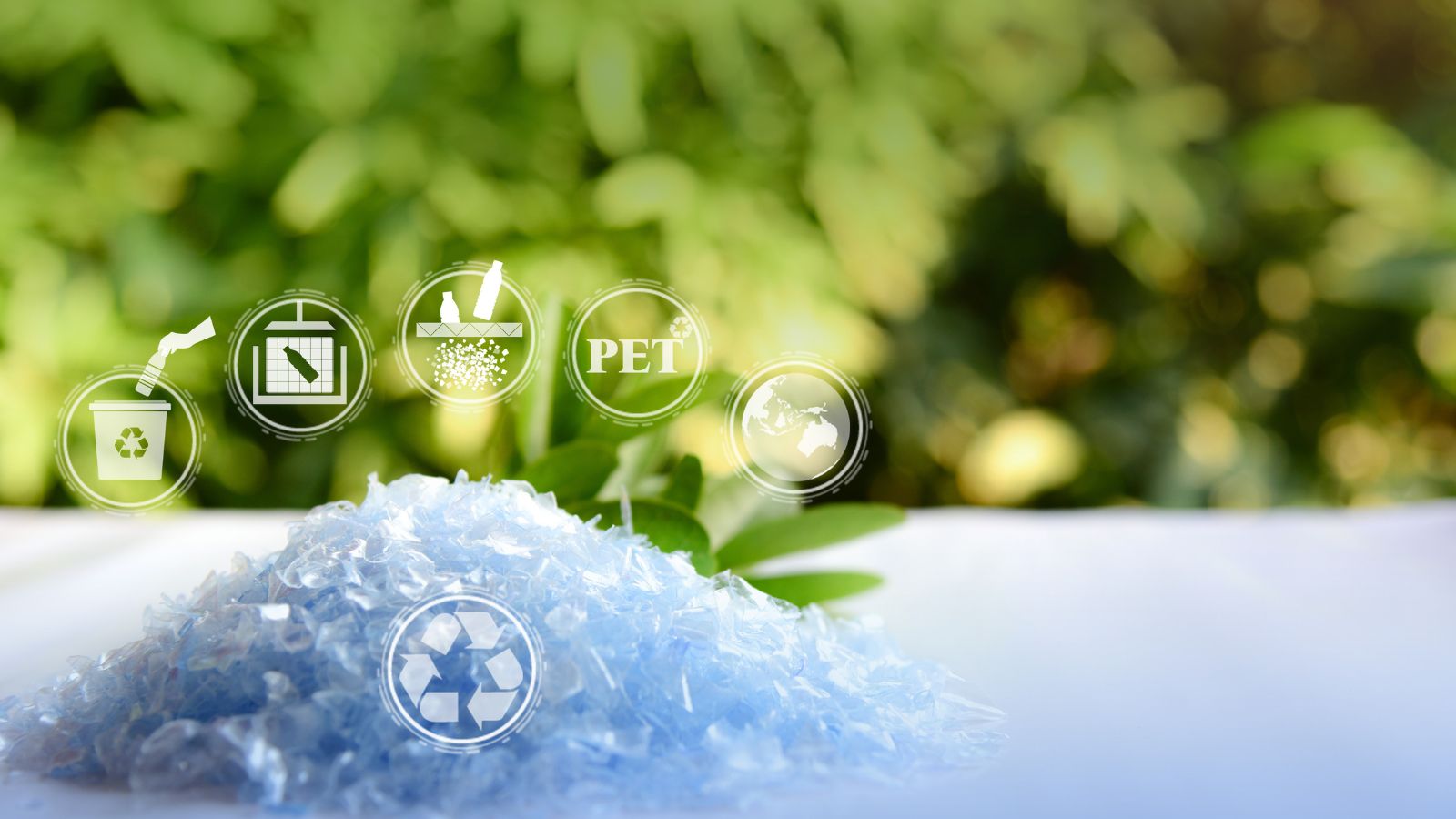
Some chemicals in plastics, like dioxins, are more dangerous than you think. They’ve been linked to DNA damage, which can lead to genetic mutations, developmental issues, and chronic diseases like cancer.
It’s Messing with Your Gut
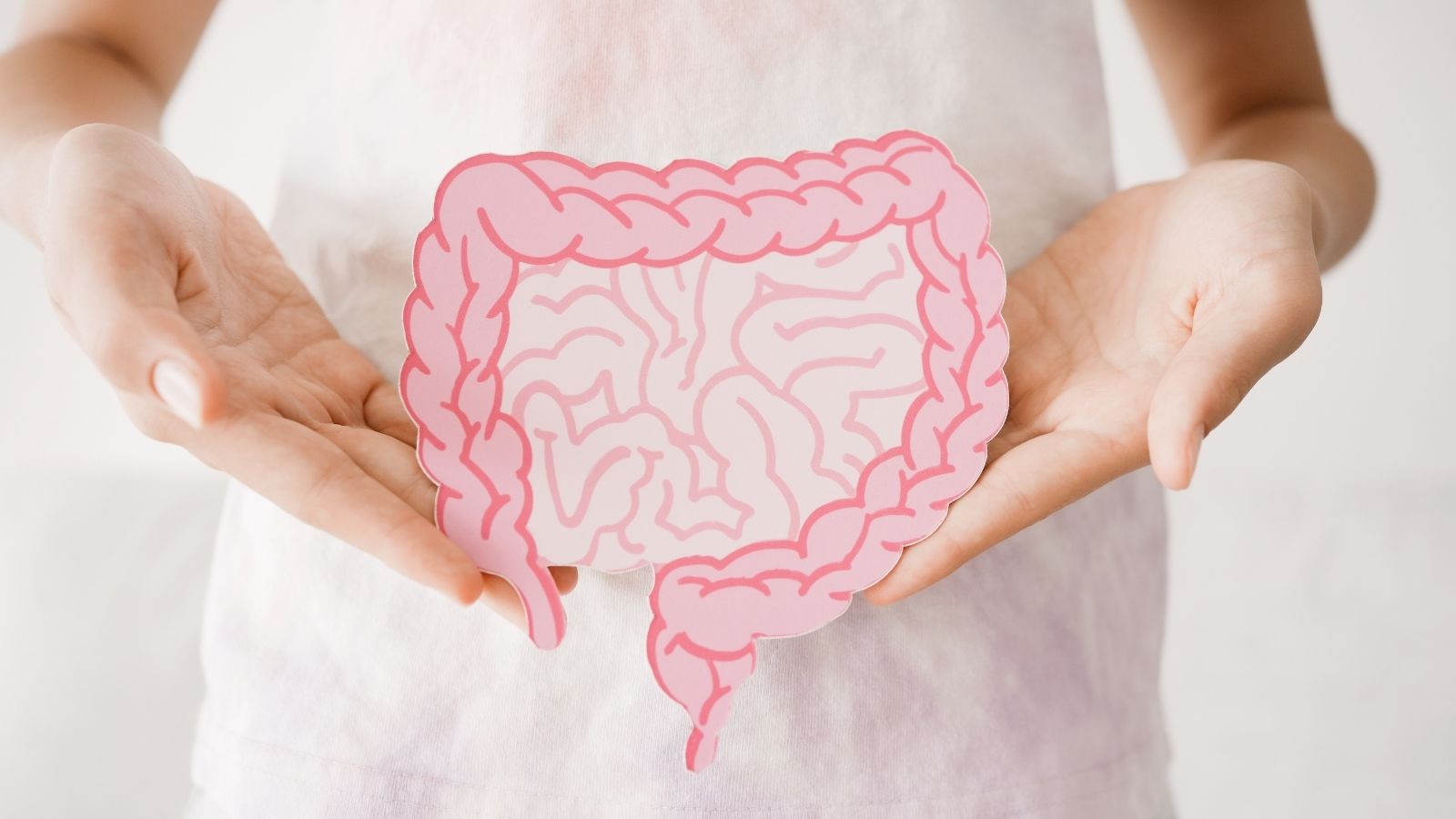
Your gut health is directly tied to your overall well-being. Microplastics disrupt the delicate balance of gut bacteria, leading to inflammation, weakened immunity, and digestive problems.
BPA Is Everywhere
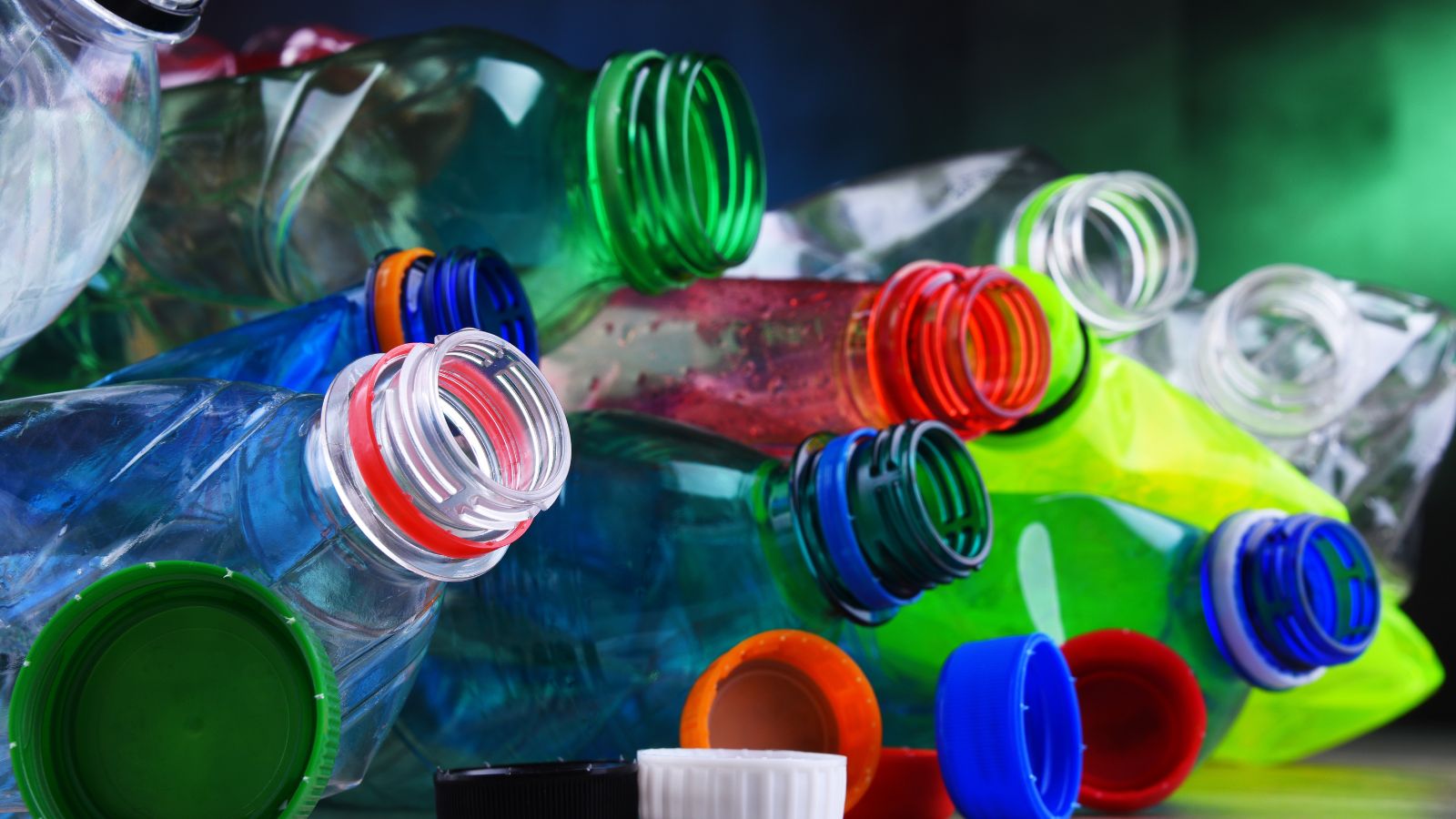
BPA, a harmful chemical found in plastics, is nearly impossible to avoid. It’s in everything from food packaging to receipts. This chemical has been linked to obesity, heart disease, and reproductive problems, yet we come into contact with it daily.
Plastic Fumes Are Toxic
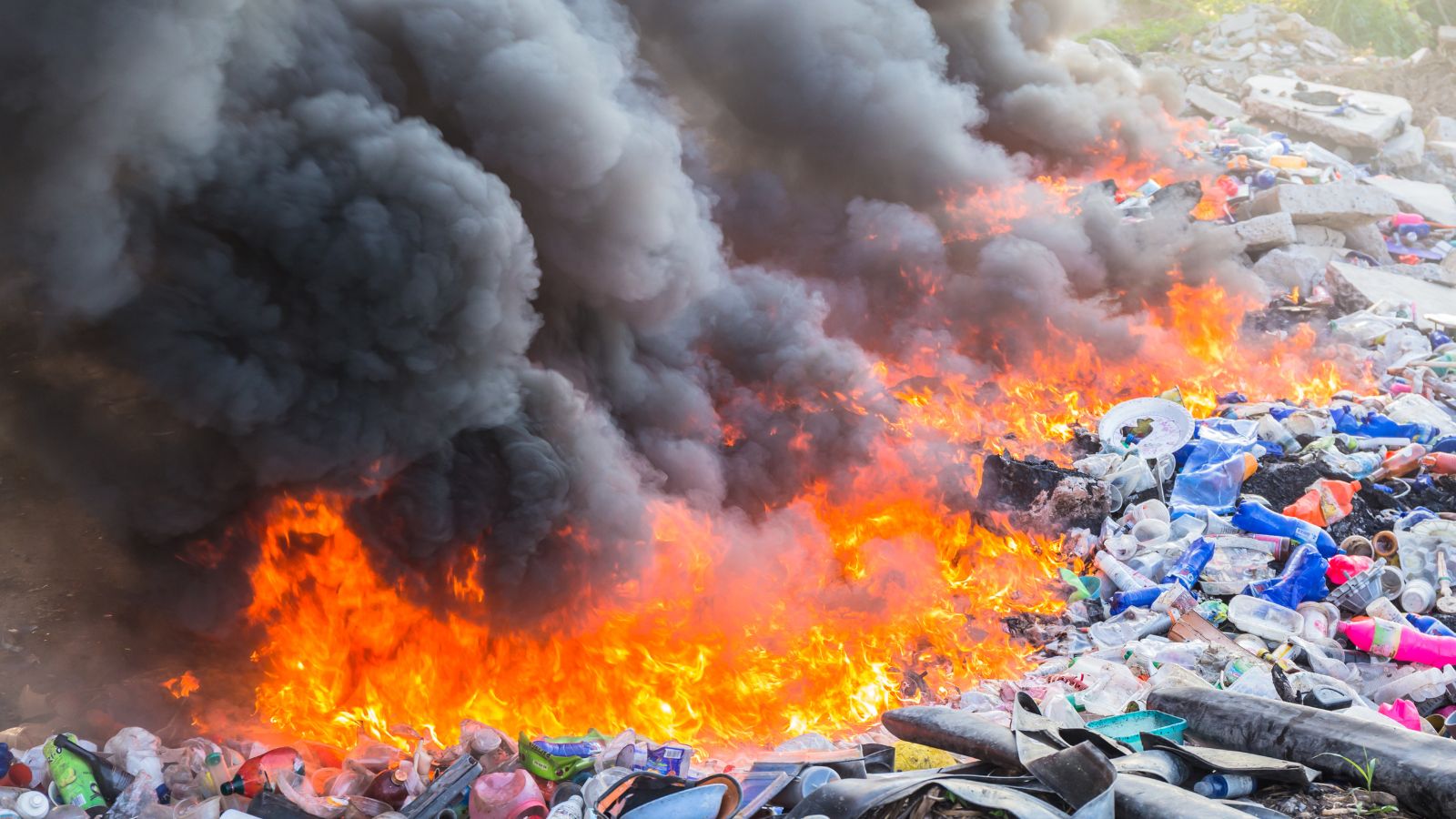
Burning plastic isn’t just an environmental hazard—it’s a health nightmare. The smoke releases toxic compounds that can cause respiratory problems and skin irritation and increase your risk of cancer.
Babies Are Exposed Before They’re Born

Here’s a heartbreaker: microplastics have been found in human placentas. This means that even before a baby is born, it is exposed to these harmful particles, which could affect its growth and development.
Microwaving Plastic Is a Bad Idea

Many of us heat leftovers in plastic containers without a second thought. But did you know that microwaving food in plastic releases harmful chemicals directly into your meal? Over time, this can lead to a host of health issues, including reproductive and metabolic disorders.
Even Your Tea May Contain Plastic

Those seemingly fancy tea bags? Some of them are made of plastic. When exposed to boiling water, they release billions of microplastic particles into your cup. Yes, your comforting tea might be doing more harm than good.
Hormonal Chaos
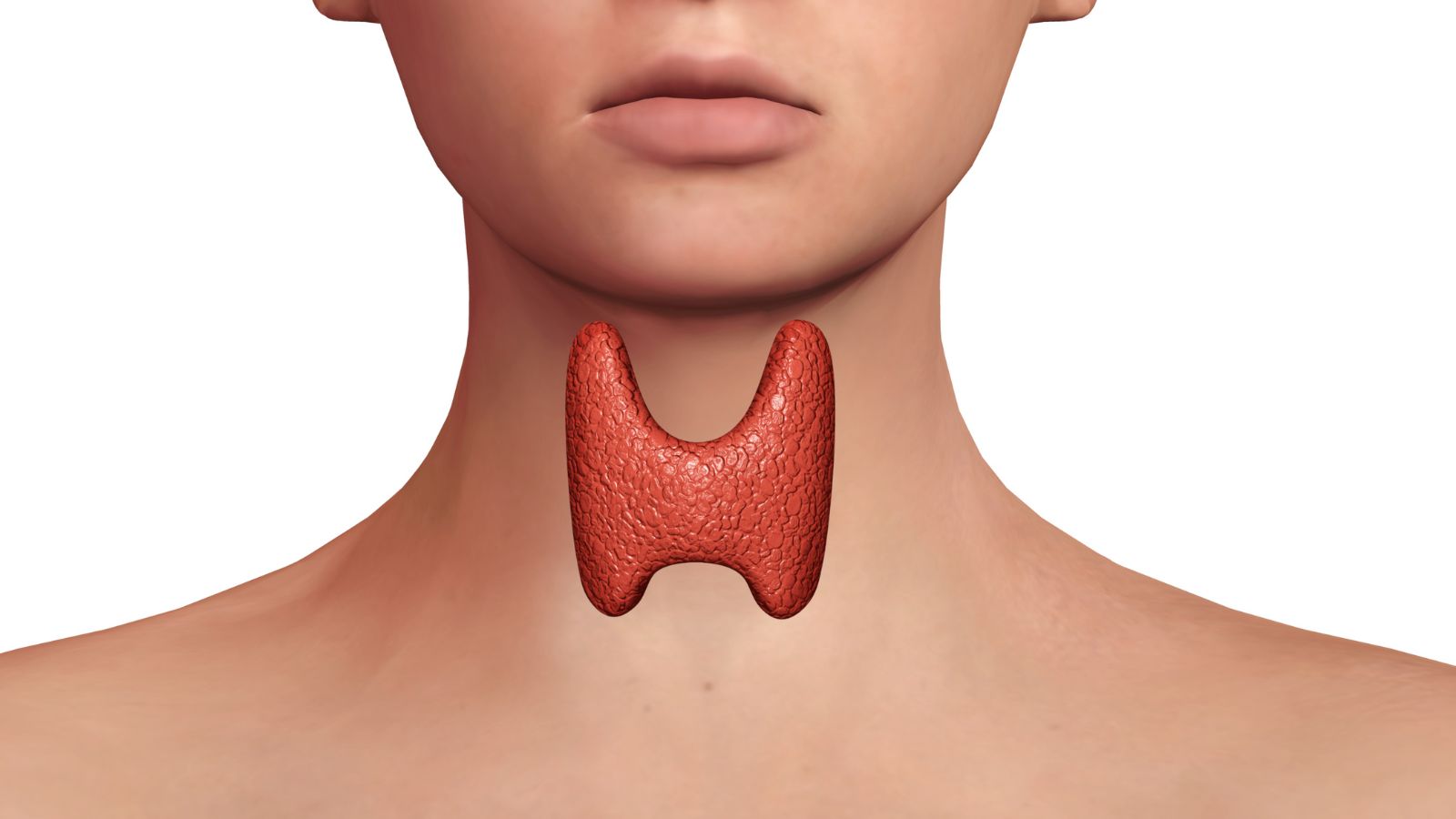
Plastics contain chemicals that interfere with your body’s natural hormones. From triggering early puberty to causing infertility or diabetes, these endocrine disruptors can wreak havoc on your health.
Risk of Neurological Issues

Studies suggest a link between long-term exposure to plastic toxins and neurological disorders like Alzheimer’s and Parkinson’s. These chemicals cause oxidative stress, which damages brain cells over time.
Breathing in Plastic? It’s possible.
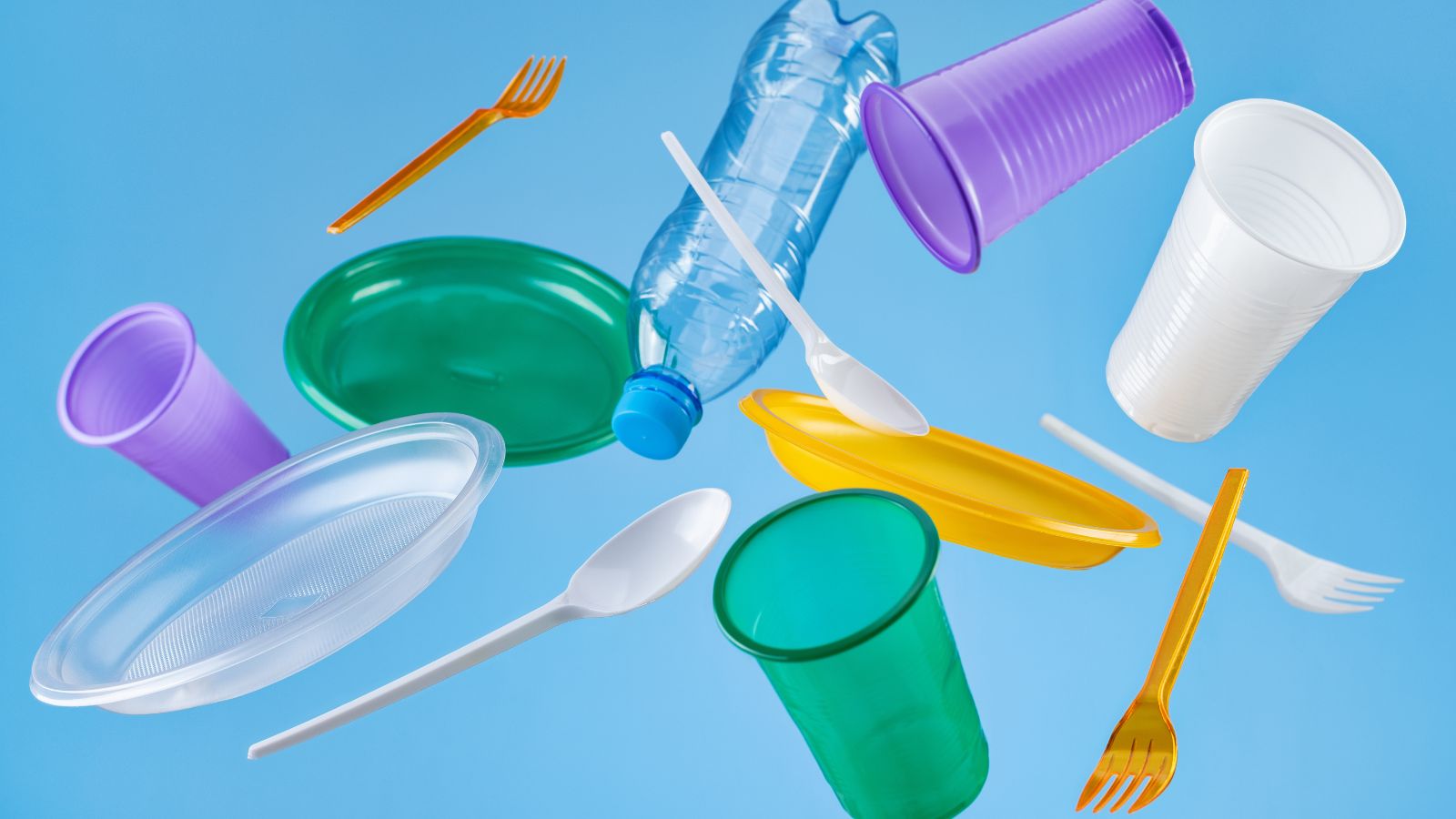
Airborne microplastics are now a reality, especially in cities with high pollution levels. Breathing in these tiny particles can trigger asthma and may exacerbate allergies, especially among children who are more vulnerable to such environmental factors.
Plastic in Breast Milk
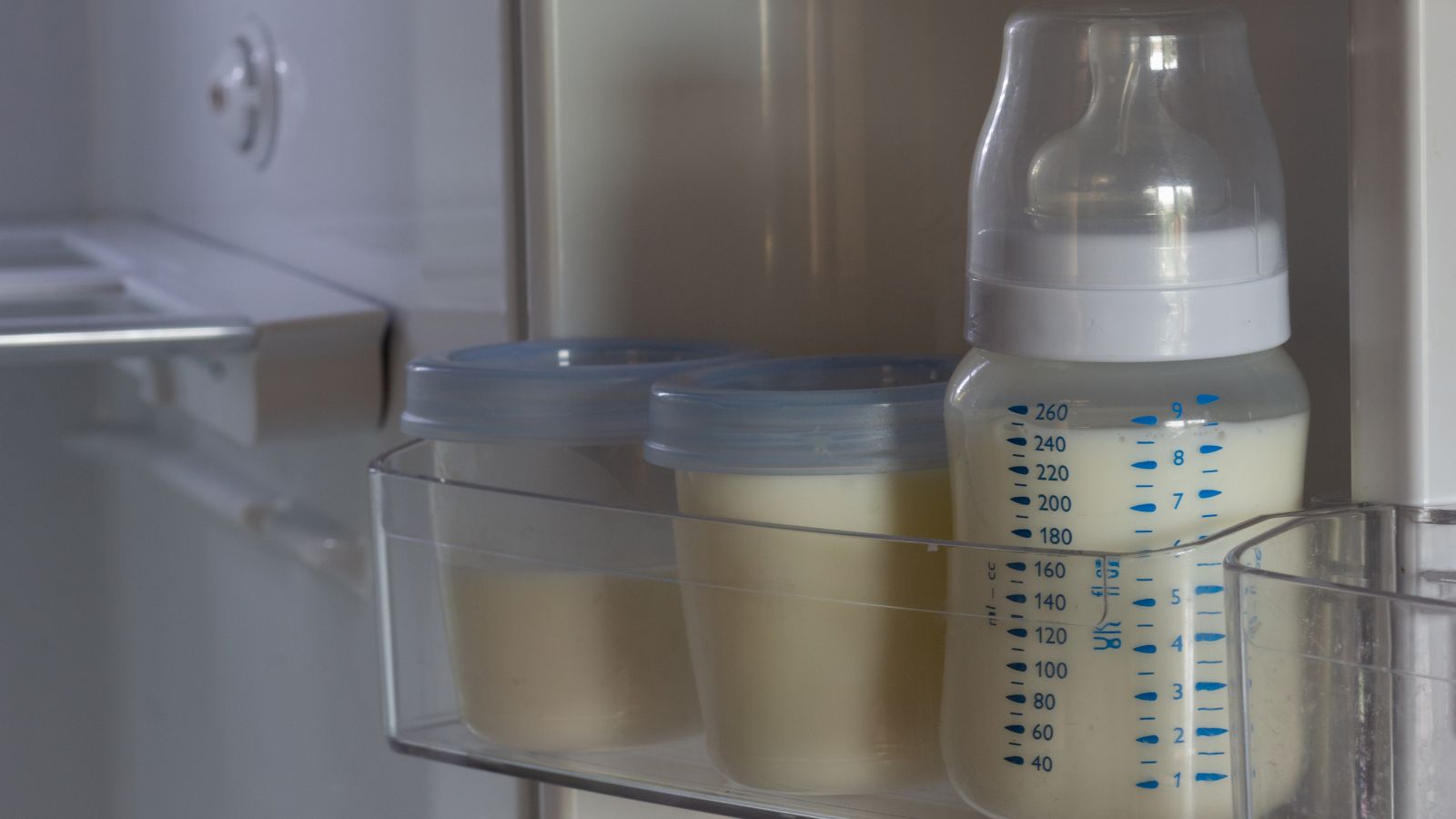
Here’s a sobering thought: Recent findings have revealed the presence of microplastics in breast milk, highlighting significant concerns regarding their potential long-term effects on infant development and immune health. This discovery underscores the need for further research into the implications of microplastic exposure during early life stages.
Plastic Wrap isn’t Harmless

Cling film might keep your leftovers fresh, but it can also transfer harmful chemicals into your food—especially if the food is fatty or hot. To avoid potential health risks, consider using safer alternatives such as beeswax wraps, which are a more natural option for food preservation.
It’s Messing with Your Sleep

Certain plastic chemicals can interfere with melatonin production, the hormone responsible for regulating your sleep. Over time, poor sleep can lead to serious health issues like obesity, depression, and even heart disease.
Conclusion

Plastic has become so ingrained in our lives that we rarely stop to think about its consequences. But the truth is, it’s quietly harming us from the inside out. From disrupting our hormones to infiltrating our bloodstream, the effects are undeniable—and scary. The good news? You can reduce your exposure and take control of your health by making informed choices.
It’s time to rethink our relationship with plastic—not just for the planet, but for our well-being and the health of future generations.
20 Reasons Why Wealthy Investors Are Looking At The Caribbean

The Caribbean has long been known for its stunning landscapes and vibrant culture, but in recent years, it has also become an attractive destination for wealthy investors. The region offers numerous financial, economic, and lifestyle advantages that appeal to high-net-worth individuals seeking opportunities. Here are 20 reasons why the Caribbean has captured the attention of the global investment community.
20 Reasons Why Wealthy Investors Are Looking At The Caribbean
